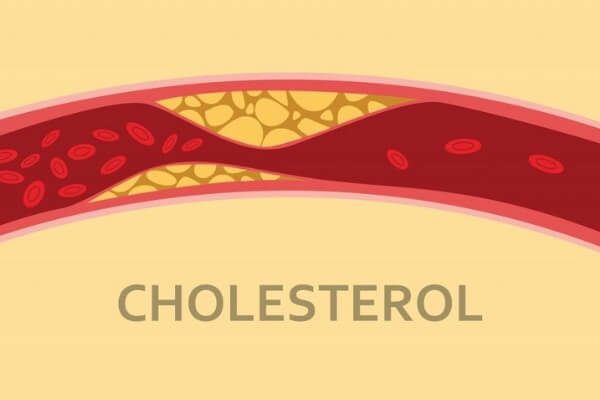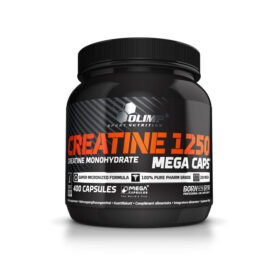Cholesterol is a fatty substance known as a lipid and is vital for the normal functioning of the body. Some cholesterol comes from our diet but most come from our liver from saturated fat. High level of lipids in your blood (hyperlipidaemia) can have an effect on your health.
High cholesterol doesn’t cause any symptoms, but it increases your risk of serious health conditions.
Cholesterol is carried out in our blood by proteins, and when the two combine they are called lipoproteins.
There are ‘bad’ LDL and ‘good’ HDL cholesterol. LDL (low-density lipoprotein) carries cholesterol from our liver to the cells. If there is too much for the cells to use it can build up in the artery walls leading to disease of the arteries. HDL (high-density lipoprotein) carries cholesterol away from the cells and back to the liver, where it is either broken down or passed out of the body as a waste product.
Higher levels of HDL are better. It helps prevent arteries from becoming clogged. Several factors can rise up blood cholesterol level. The major one is obesity, like also lack of exercise and high consumption of saturated fat. So keep saturated fatty acids intake to a minimum.
Eat unsaturated fat. You will find these in plants, nuts, seeds and fish like salmon or tuna. Get active to boost your HDL level. Get at least 30 minutes a day of moderate activity most days of the week.
So to protect you from getting heart disease stay at healthy weight, be active, reduce alcohol consumption and stop smoking.



